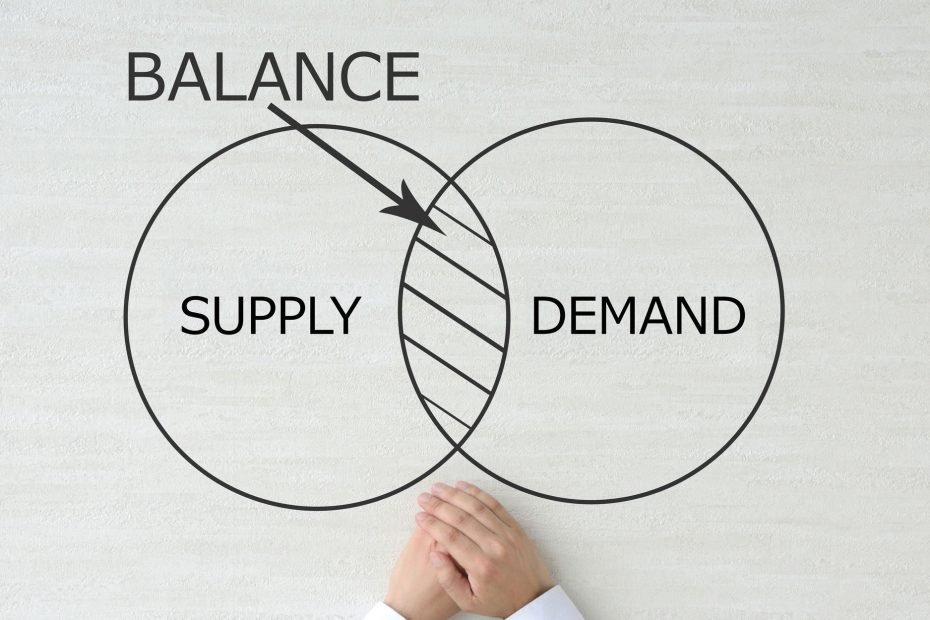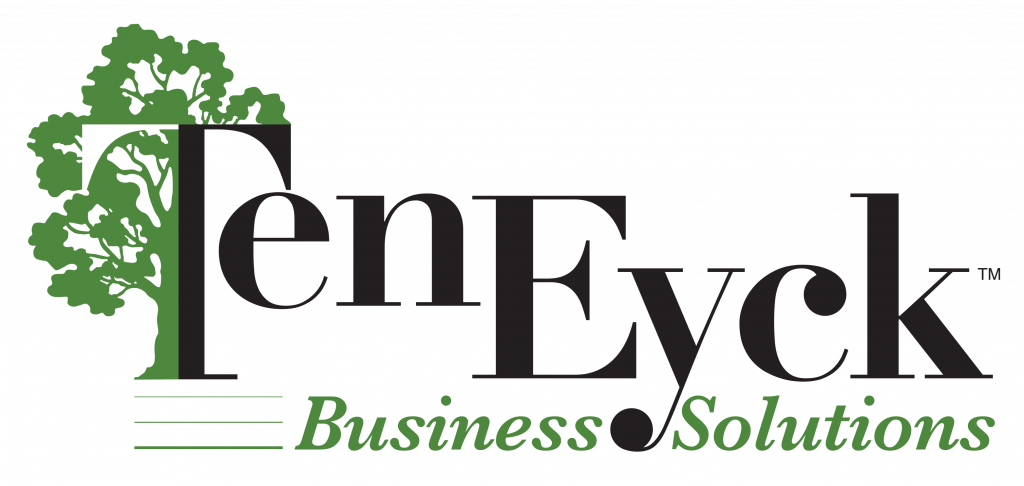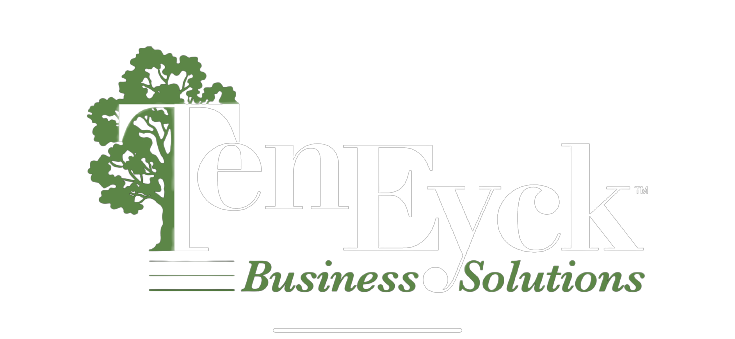demand planning for Your Business

Where does demand planning fit within the organization?
Demand planning and sales forecasting are the guiding force behind inventory management. They enable a full 360° view of business needs, enabling adaptability and scalability in your supply chain.
Within operations lives Forecasting which is a critical element to any business. Understanding what your customer both looks for and avoids is key in developing the most accurate demand signal possible. Once consumer patterns are understood, predictions are able to be made which brings stability to the planning process.
Moving through the process, the demand signal established then becomes a key input into the supply plan of both components and finished goods. Businesses who understand their demand are able to produce the right products, in the right volumes, at the right time to fulfill customers’ needs all while balancing inventory & reducing excess, protecting the bottom line.
In short, an effective demand planning process drives an efficient supply planning process. Inventory is optimized, lost sales are reduced, the bottom line is improved, and the customer has the best experience possible.
What Does the Demand Planning Process Look Like?
Here at TBS, we use a proprietary Forecasting Tool that creates a dynamic sales forecast.
Our Forecast Criteria:
- Sales History
- Seasonality
- SKU ABC Classification
- Trend
- Growth Rate
- Market Penetration
- Product Attributes
- Supplier Fill Rate
- Financial Plans
Demand planning is one of the first steps in understanding your business. Historical sales data is leveraged in conjunction with market intelligence to derive a future-looking sales signal with the intent of predicting product needs.
Demand planning is vital as it drives downstream supply chain processes enabling consistent and reliable production of products, efficient management of inventory, while protecting brand integrity.
An accurate forecast is one of the key foundational elements of a successful supply chain as it provides the signal of what products are needed, where they’re needed most, and at what point in time.
Financially, the forecast enables strong budget development by preventing out of stocks mitigating lost sales and it reduces excess inventory & by default overhead costs. The forecast drives end to end planning both at the sales/revenue level but at the top line business level as well.
Demand planning plans the sales of a business whereas supply planning plans the components & finished goods necessary to support the demand plan. In demand planning, historical sales data, current sales trends, and market nuances come together to create a future-looking sales prediction. This is the key input into the supply plan as it details how much inventory is needed of what product at what time.
The supply planners are then equipped with the details necessary to procure components, work with the factory on production, and ensure the finished product is shipped to support customer sales.
Customers don’t like to wait. They want what they want, when they want it. A demand plan helps you
In the world of instant gratification and overnight shipping, the customer wants what they want when they want it and if they’re not able to get it from brand A, they can look to brands B-Z for it.
Although this is a stark reality, it also is a tremendous opportunity — businesses who are able to drive an effective demand plan will, more times than not, have what the customer wants when they want it. This develops a relationship with the customer and prevents negative interactions.
An accurate demand signal, consistent & reliable production of product, and efficient inventory management are the most key, foundational elements of any retail business. TBS ensures all elements are not only well developed but highly integrated to enable your brand’s success.
We’re able to develop or enhance an existing forecasting process which will provide an accurate signal of product volume needed. This will drive efficient component purchasing, improve your bottom line financials, all while growing brand presence and establishing a loyal customer base.
TBS also understands that there is no “one size fits all” model especially in the ever evolving retail environment. We offer fully customizable engagements ranging from ad-hoc, project based solutions to consistent, GM-like relationships.

